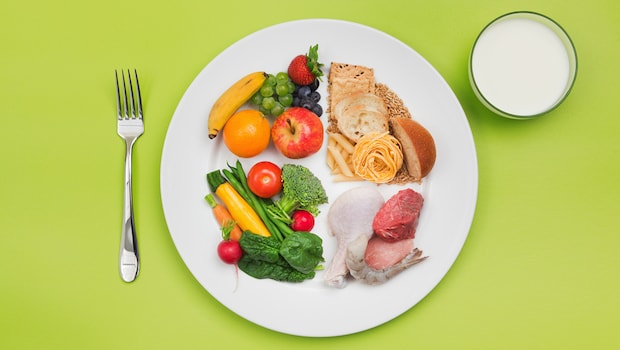Understanding Weight Loss Challenges After 30
As the body ages beyond 30, metabolism naturally slows down, making weight loss more challenging. Hormonal changes, lifestyle shifts, and reduced muscle mass contribute to this phenomenon. However, adopting smart dietary adjustments can significantly enhance fat loss and promote overall health.
1. Prioritize Protein Intake
Increasing protein consumption helps preserve lean muscle mass, which tends to decline with age. Protein also boosts metabolism through the thermic effect of food, helping you burn more calories. Incorporate sources like lean meats, eggs, legumes, and dairy into your daily meals.
2. Cut Back on Refined Carbs and Sugars
Refined carbohydrates and added sugars cause blood sugar spikes and fat accumulation. Reducing intake of white bread, sweets, and sugary drinks can stabilize insulin levels and curb cravings. Opt for complex carbs such as whole grains, vegetables, and fruits to maintain energy and satiety.
3. Include Healthy Fats
Contrary to outdated beliefs, healthy fats from sources like avocados, nuts, seeds, and olive oil aid weight loss by promoting fullness and improving hormone balance. These fats support brain and heart health while providing essential nutrients.
4. Stay Hydrated and Manage Portions
Drinking adequate water supports metabolism and reduces overeating by promoting fullness. Additionally, practicing portion control helps prevent excess calorie intake. Using smaller plates and mindful eating techniques can help regulate portions effectively.
5. Plan Balanced Meals and Snacks
Combining protein, fiber, and healthy fats in each meal stabilizes blood sugar and sustains energy levels. Including nutrient-dense snacks like nuts, yogurt, or fruits prevents overeating at mealtime and supports continuous fat burning.
Additional Tips and Lifestyle Factors
Besides diet, incorporating regular physical activity, managing stress, and getting adequate sleep are critical for effective weight loss after 30. Small lifestyle changes combined with dietary tweaks create sustainable and long-lasting results.
Trivia & Quiz Facts
- Metabolic rate can decrease by up to 5% every decade after age 30.
- Protein’s thermic effect requires 20-30% of its calories to digest, compared to 5-10% for carbs.
- Healthy fats improve absorption of fat-soluble vitamins like A, D, E, and K.
- Drinking water before meals can reduce calorie intake by up to 13%.
- Mindful eating can increase awareness of hunger and fullness cues, aiding weight control.
Conclusion
Weight loss after 30 demands strategic dietary adjustments focusing on protein, healthy fats, and balanced meals while reducing refined carbs and sugars. Combined with healthy habits, these smart changes can help you achieve and maintain a healthy weight effectively.
Source: Ndtv

